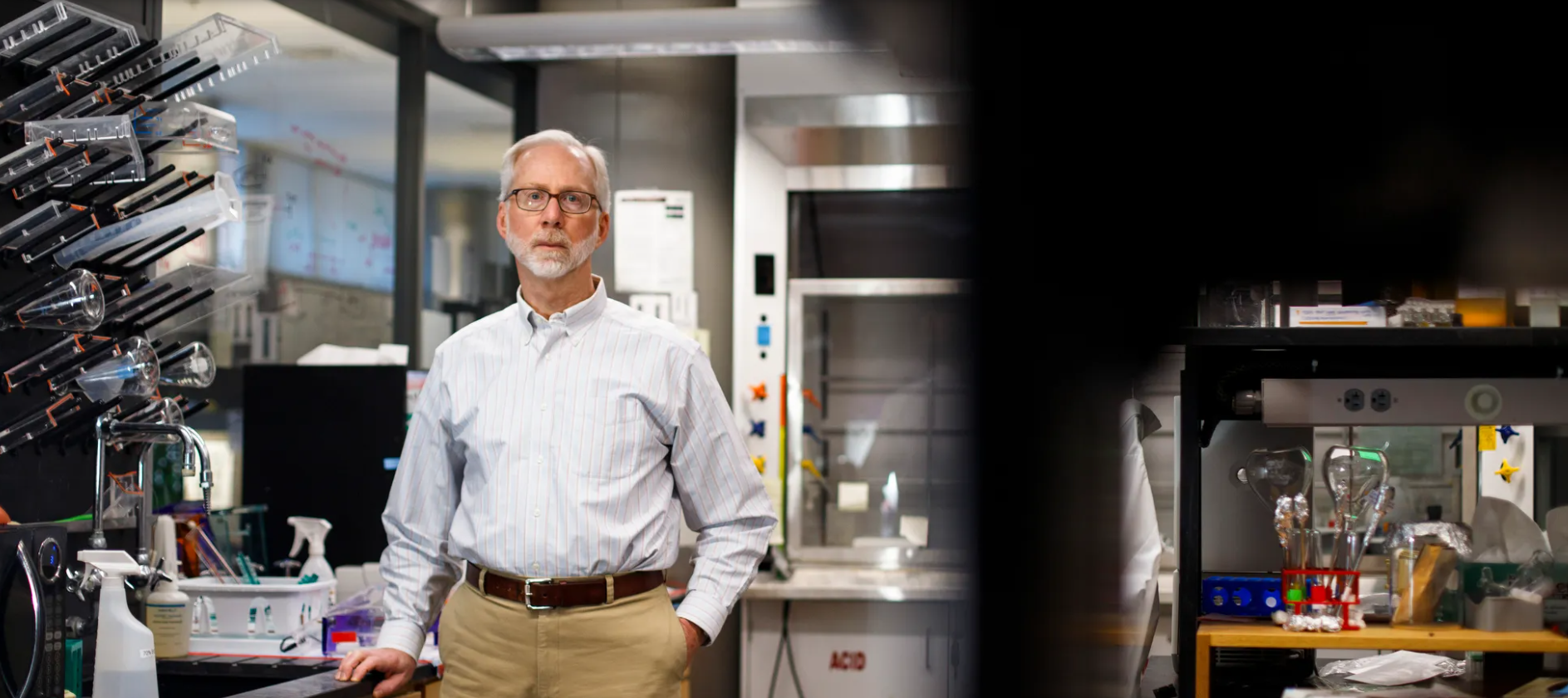Higher dose of rifampicin safe and may improve long-term outcomes in lung TB: ICMR study

New Delhi– A recent study by the Indian Council of Medical Research (ICMR) suggests that administering higher doses of rifampicin, a key antibiotic used in treating pulmonary tuberculosis (TB), may be safe and could improve recurrence-free survival in patients.
Tuberculosis remains the world’s leading cause of death from infectious diseases, claiming an estimated 1.3 million lives globally in 2022. Rifamycins, the class of antibiotics to which rifampicin belongs, play a central role in TB treatment by sterilizing lesions and helping to prevent relapse.
Currently, rifampicin is prescribed at a dosage of 10 mg per kilogram of body weight over a six-month period for patients with pulmonary TB. In this new study, ICMR researchers reviewed clinical trial data to evaluate whether increasing the dose beyond 15 mg/kg could offer better results without compromising patient safety.
According to Dr. Leeberk Raja Inbaraj of the ICMR-National Institute for Research in Tuberculosis in Chennai, higher doses of rifampicin were linked to faster bacterial clearance. “Compared to the standard dose, increased doses resulted in earlier sputum conversion within eight weeks, which indicates a quicker reduction in the bacterial load,” he said.
Sputum conversion is a widely used indicator of treatment response and relapse risk in pulmonary TB. Achieving it early not only suggests a better prognosis but also reduces the risk of transmitting the disease to others.
The study found that doses in the range of 20 to 30 mg/kg offered the best balance between effectiveness and safety. Patients receiving these higher doses showed faster sputum conversion without a significant increase in serious side effects.
However, when the dosage exceeded 30 mg/kg, patients began experiencing more severe adverse effects, including hepatotoxicity and other drug-related complications, some of which were serious enough to result in discontinuation of treatment.
Importantly, while higher doses accelerated bacterial clearance, they did not appear to reduce mortality or the rate of treatment failure at the six-month mark compared to the standard treatment regimen.
“These higher doses should be considered only with careful monitoring for potential adverse events and liver toxicity,” the researchers said. “There is a clear need for larger, long-term clinical trials to better understand the impact of high-dose rifampicin on relapse and overall treatment outcomes.”
The findings were published in the Indian Journal of Medical Research and contribute to ongoing efforts to optimize TB treatment and reduce disease recurrence. (Source: IANS)






